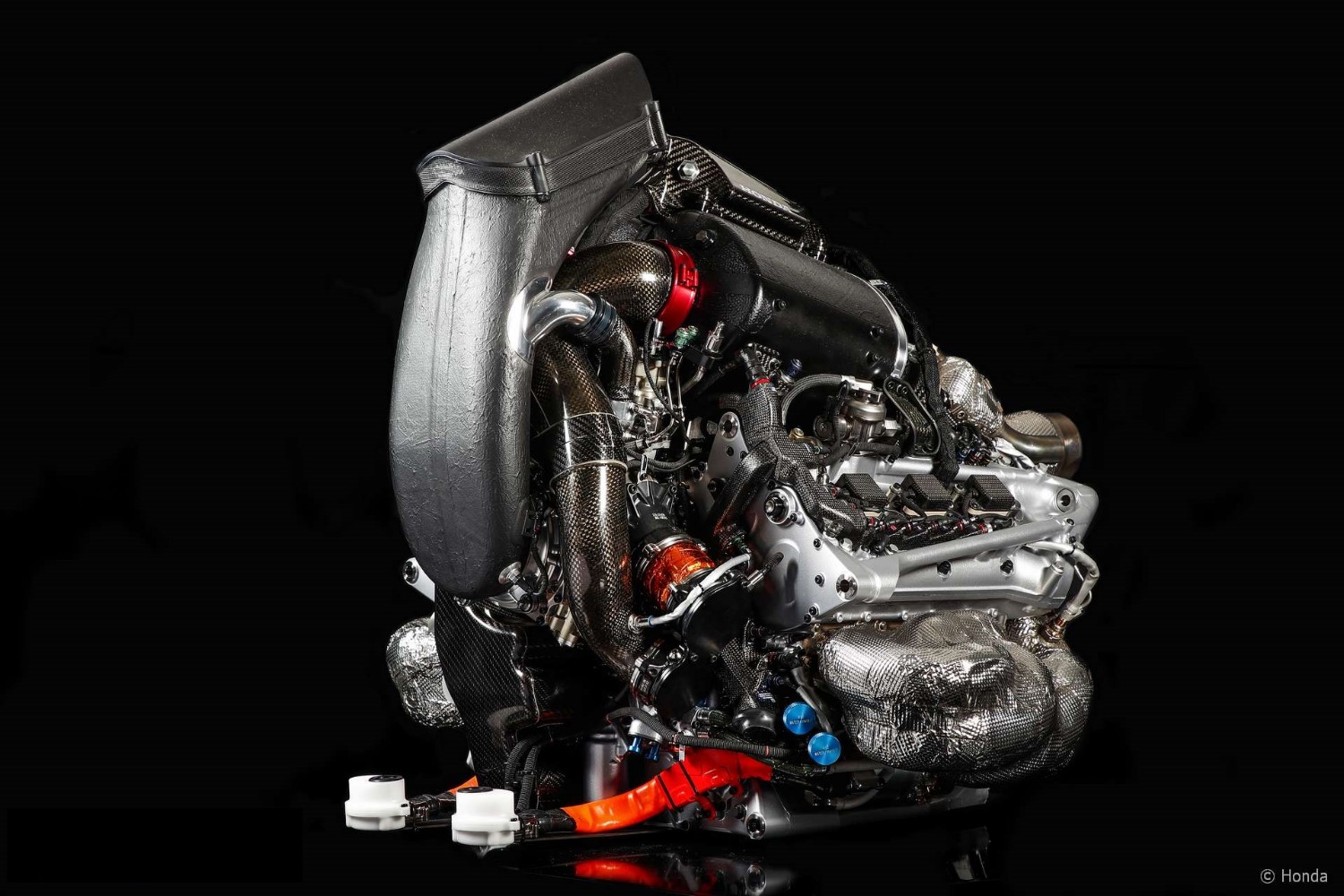F1 News: F1 hopes with e-Fuels hybrid engines can be ditched
In 2026, F1 cars will be powered by hybrid engines with a 50:50 split between electric-power and internal combustion. The combustion engine will be powered by synthetic e-fuels and if that proves successful, F1 hopes to ditch the heavy hybrid engines altogether.
“We want to tackle climate change, and here is [synthetic fuels] a way of doing it,” Pat Symonds, F1′s former chief technical officer, told CNBC while he was still at the organization.
“It is different to electrification, and since we started this project several years ago more people are coming to realize that there is a parallel pathway to the decarbonization of transport.”
A proper F1 car – Juan Montoya 2005 – before the tree huggers ruined the sport
On the face of it, investing sizable amounts in developing an F1 engine that will never transfer to its road cars seems contradictory, but some think F1′s automotive partners are hedging their bets on electrification. “No company follows a linear path to sustainability,” Madeleine Orr, assistant professor of sports ecology at the University of Toronto, told CNBC. “If Audi is looking for the R&D it needs to ramp up certain products, F1 is a great way to do that.”
One of the products Audi is ramping up is synthetic e-fuels, which use renewably-generated electricity to break water into hydrogen and oxygen before combining them with carbon dioxide. At present e-fuels are prohibitively expensive for most road users, but producers point out that they are a cleaner alternative for industries which are hard to electricity such as aviation and shipping.
This is viewed by some as a Trojan horse to derail the electrification of road vehicles.
“Producing e-fuels is a far less efficient use of renewable energy than powering an electric vehicle,” said Alex Keynes, cars policy manager at climate group Transport and Environment.
“These fuels are critical for decarbonizing industries that you can’t electrify easily, but it’s a hugely inefficient use of renewable energy in cars compared to battery power.”
n early 2023, senior representatives of the sport are understood to have met politicians in Brussels to explain the benefits of e-fuels, even writing to the office of Frans Timmermans, then EU vice-president and climate action commissioner, to oppose the ban on “combustion engines” in favor of EVs, describing it as a “huge one-way bet on a relatively new technology.”
When asked what the motivation for the meetings was, Liam Parker, F1′s chief corporate relations and communications officer, told CNBC that “it was to explain our solution to decarbonizing road vehicles and continue to show that F1 holds a relevance in the automotive sector.”
F1′s CEO Stefano Domenicali is clear that sustainable fuels will play a big part in the future of his sport. “F1 has always been seen as having the lightest and best cars, so if sustainable fuels are successful we could go back to a situation where the battery is not needed anymore,” he said.
